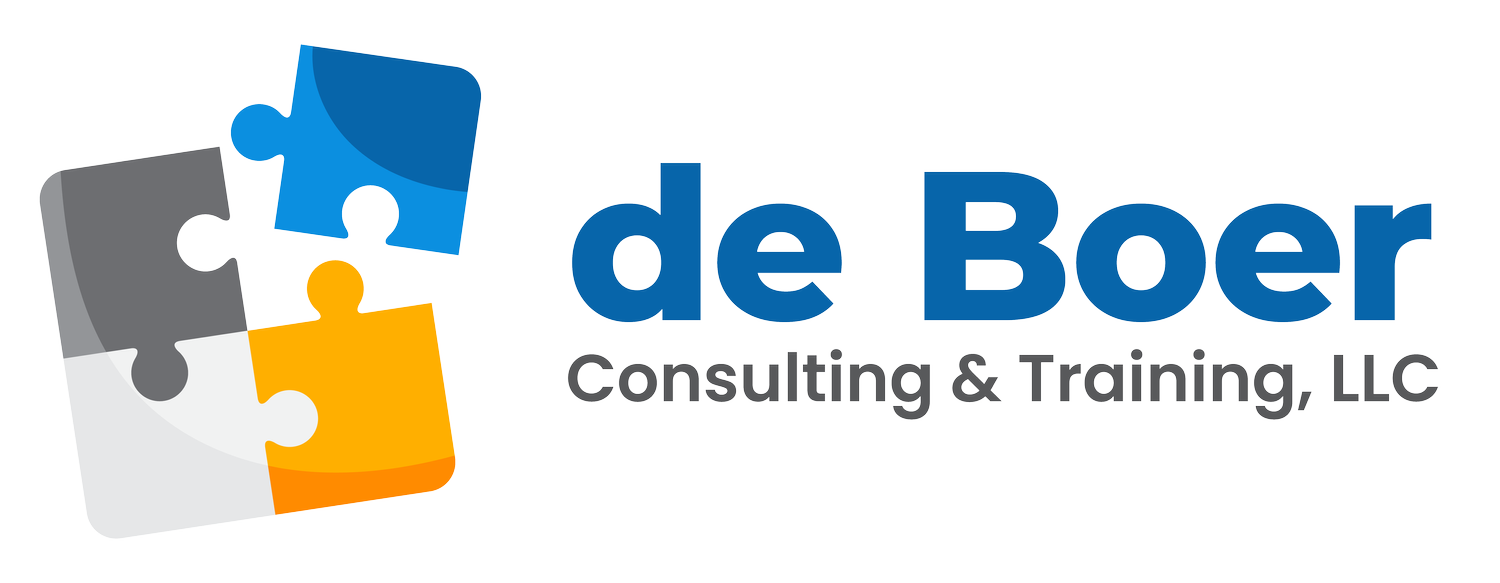Workshop: Trainers of Trainers
Creating Legally Defensible Functional Behavior Assessments (FBAs)
and Behavior Intervention Plans
(BIPs)
Day 1 (5 hours): Current Federal Guidelines, Federal and Case Law regarding FBAs and EIGHT Sections of FBA Guidelines and Checklists
Day 2 (5 hours): Current Federal Guidelines, Federal and Case Law regarding BIPs TEN Sections of BIP Guidelines and Checklists
Format - Cycle for Day 1 and Day 2
Review of Federal Federal Guidelines, and Federal and Case Law RE: FBAs and BIPs
The Guidelines for the trainers to use and incorporate for all the school staff conducting FBAs & BIPs and writing reports
The Checklist for the trainers to use when supervising and coaching school staff in conducting FBAs & BIPs and writing reports
Review and Discussion of trainers past/completed FBAs and BIPs in comparison to guidelines - break-out groups/rooms
Review and Discussion of organization’s current FBA & BIP (and IEP) forms/format and revise accordingly - whole group
Describe and Discuss the Training Plan for what needs to be covered in training of teams for school staff for FBA & BIPs
Workshop: Trainer of Trainers
Successful Inclusion Practices (SIP)
for Children with ASD in
Early Childhood Education (ECE)
and Preschool Settings
Workshop or University Course: 25-30 hours (or ~10 three hour trainings) Can be customized
Early Warning Signs and Characteristics of Autism Spectrum Disorders
Childhood Development
ASD Diagnostics
Early Warning Signs and Early Childhood Screening
Characteristics of Young Children with ASD
Context of Inclusion for Children Ages 0-5
Individuals with Disabilities Act (IDEA)
Individualized Family Service Plan (IFSP): IDEA Part C (Ages 0 up to 3)
Individualized Education Plan (IEP): IDEA Part B (Ages 3 up to 6)
Office of Special Education Programs (OSEP)
Legal Guidelines and Least Restrictive Environment (LRE) for Young Children with ASD
Case Law
Four Categories of Legal Decision Making for LRE
Individualized LRE Decision Process
Initiating the Inclusion Process in ECE and Preschool Settings
Four Stages of Initiating Inclusion - Observation, Planning, Training and Preparation, Implementation
Facilitating Education in a General Education Setting
Teaching Learning to Learn Skills to Prepare for Kindergarten
Appropriate Teaching Strategies with Young Children with ASD
Successful Behavior Intervention Strategies
Being Proactive and Preventative
Understanding Functions of Behavior
Implementing Appropriate and Naturalistic Consequences
Social and Communication Skills
Utilizing Social Thinking for Teaching Social and Executive Functions Skills
Evaluating the Inclusion Program and Student Progress
Specific measurements and assessment tools to analyze inclusion program and student progress
Facilitating a Successful Transition to Kindergarten
Planning, Preparation and Meetings
Preparing Young Children with ASD for Kindergarten:
Learning to Learn Skill
(3-4 hours)
What are Learning to Learn Skills
Brain Functions: Cognition & Learning
Beginning Learner
Intermediate Learner
Advanced Learner
Early Warning Signs and Characteristics of
Autism Spectrum Disorders (4-5 hours)
Childhood Development
ASD Diagnostics
Early Warning Signs and Early Childhood Screening
Characteristics of Young Children with ASD
Workshop: Teaching Skills Utilizing Applied Behavior Analysis: Providing the Structure Students with ASD Need in Order to Learn New Skills
Twelve hours: Can be divided into two days, three days or four days
A-B-C Paradigm & Discrete Trial Teaching (DTT)
Errorless Learning
Task Analysis
Reinforcement
Pairing
Instructional Control
Session Management
Prompting and Fading
Shaping
Chaining
Error Correction Procedure
Transfer Trial
Token Economy Systems
Discriminations Training
Understanding What Evidence-Based Practices (EBPs)
are in the field of Special Education and Autism
(1-3 hours)
Definition of Evidence-Based Practices
Confusion Surrounding EBPs for Autism
Federal Mandates Related to EBPs
What Are EBPs
Supports and Barriers to Implementing EBPs
Advancing the EBP Movement
Questions Educators Should Ask When Choosing, Using, and Evaluating EBPs
Review of an Important Resource: The Educator’s Guide to Autism Spectrum Disorder Interventions and Treatments
Proactive and Preventative Behavior Intervention Strategies
for Children with Autism Spectrum Disorders
(6-10 hours)
INTRODUCTION
Setting BOUNDARIES and Limitations
Teaching RULES and Providing REINFORCEMENT
Provide Support with VISUALS
Provide ORGANIZATION through Materials and Time Management
Provide a Space that Meets SENSORY Needs
Functional Communication Training (3-6 hours)
Relationship between Applied Behavior Analysis (ABA) & Functional Communication Training (FCT)
Review of Functions of Behavior
Foundations of FCT
Implementing the Three Phases of FCT
Errorless
Thinning
Intermittent
Consultation Topics, Workshops & Training Services
This is a sampling of the most popular topics of workshops and trainings (and consultation) Dr. de Boer provides. She is able to create and customize any training for your team’s needs - professionals or parents. Do not hesitate to ask about other topics within the field of Applied Behavior Analysis, Early Intervention and Inclusion.
